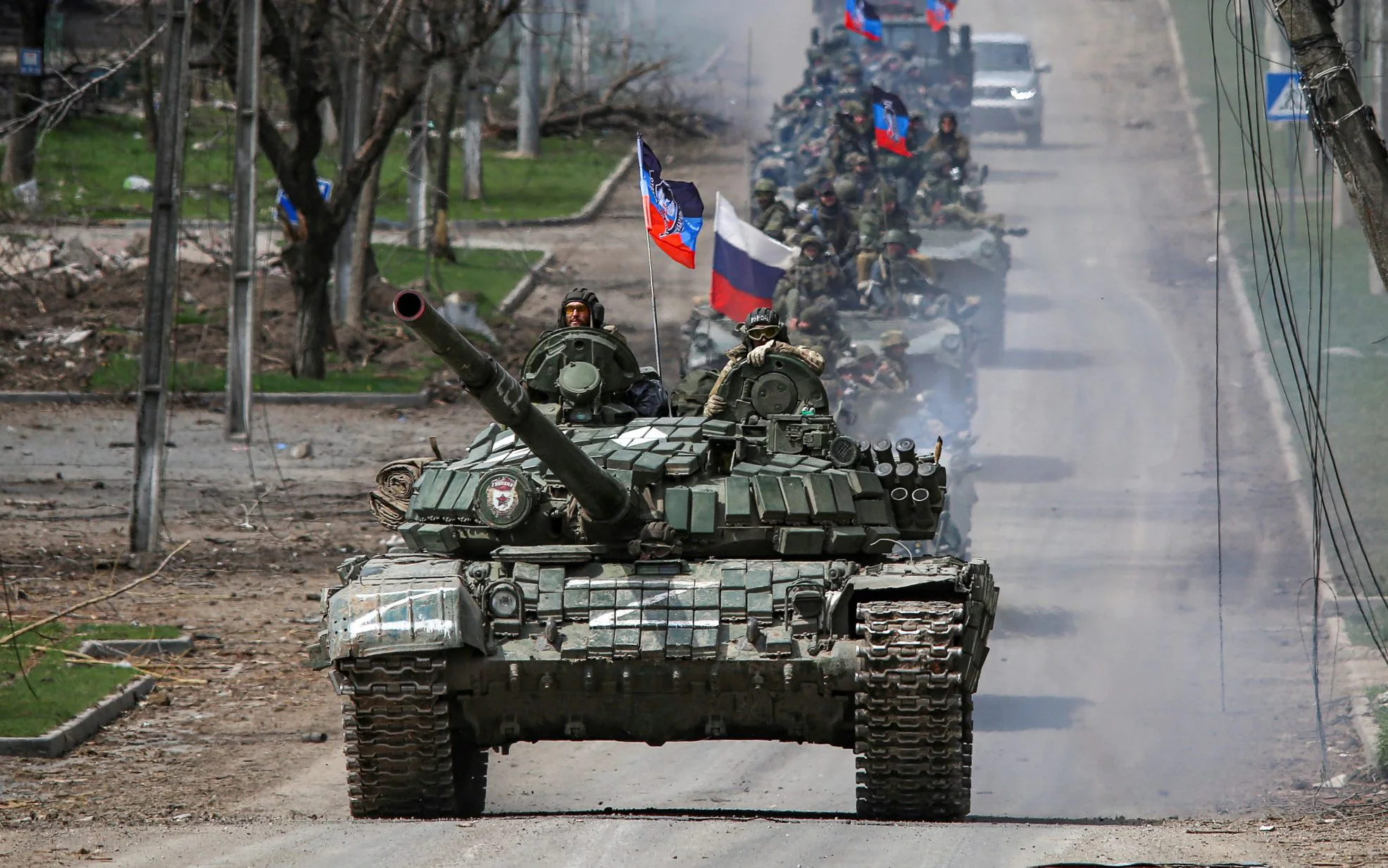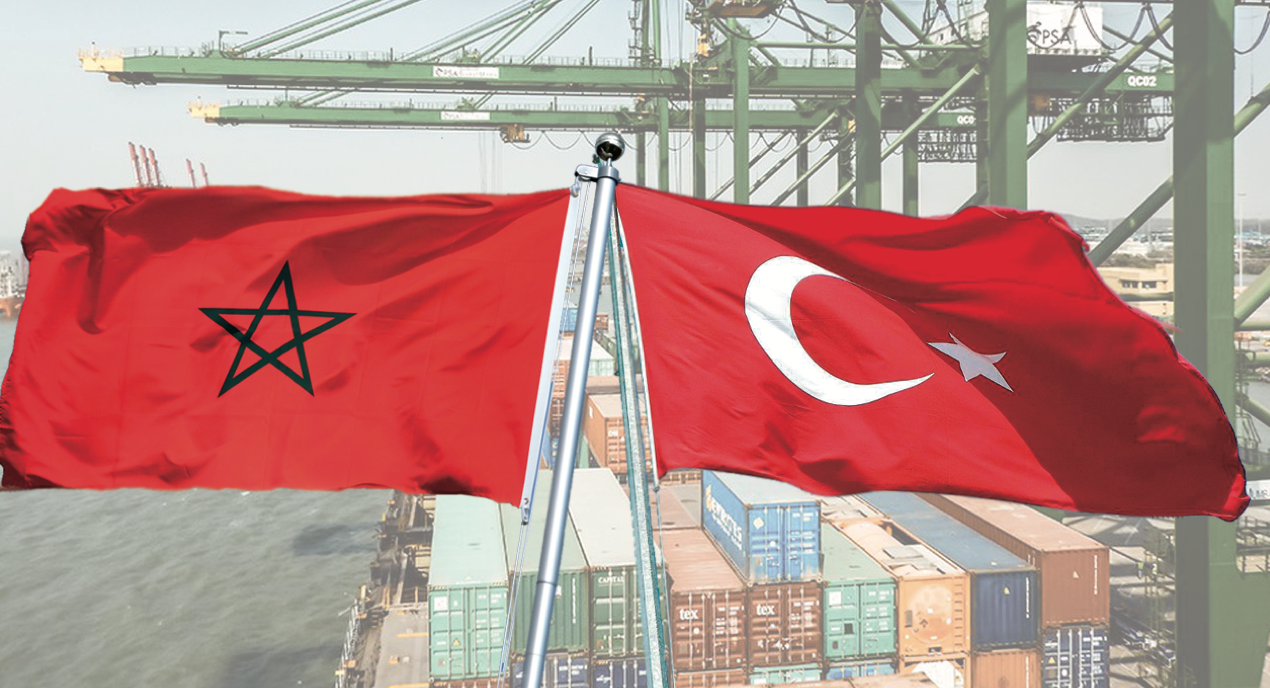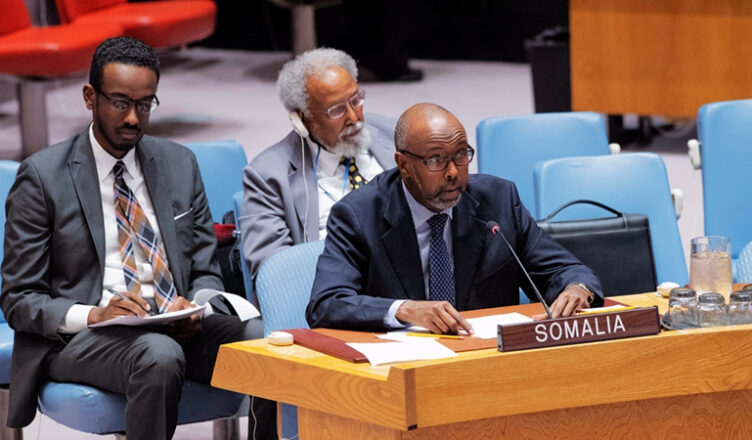The Russian invasion of Ukraine and Moscow’s withdrawal in July from the Black Sea Grain Initiative has driven up global food and commodity prices, severely affecting farming sectors in countries all across Africa.
Russia’s withdrawal from a deal brokered by the United Nations and Turkey that allowed the safe passage of Ukrainian grain through the Black Sea has exacerbate the hunger crisis in parts of Africa, a major wheat and fertilizer importer. According to US Secretary of State Antony Blinken, by pulling out of the landmark deal, Russia was guilty of a “continued weaponization of food” that would harm millions of vulnerable people around the world. Russian offers of free fertilizer to African nations face logistical hurdles, while European countries reject Ukrainian grain, adding to the crisis. The World Food Program (WFP) has said more than 70 countries already had large numbers of people going hungry, many in Africa.
For example, Nigeria’s farming sector that primarily relies on imports of Muriate of Potash (MOP) has been severely impacted as fertilizer prices have tripled due to supply disruptions from Russia. In May, Russian Foreign Minister Sergey Lavrov announced Russia’s intention to supply fertilizer to Nigeria, following deliveries to Kenya and Malawi, but he has now claimed that 34,000 metric tons of Russian fertilizer destined for Nigeria remain stranded at EU ports. The Russian invasion of Ukraine has now also prompted Egypt, a top buyer of wheat globally, to purchase the agricultural commodity from Kazakhstan — a move that traders say will provide a cheaper alternative to Russian grain which accounted for an increasing share of Cairo’s wheat since last year.



